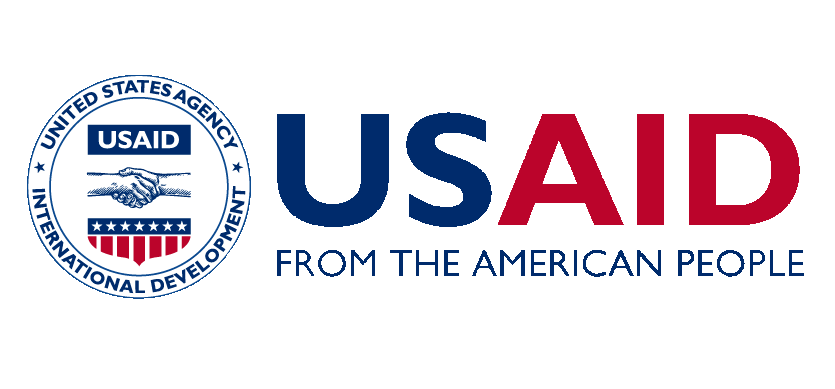Climate change impacts fall disproportionately on the world’s poorest, most marginalised communities, particularly those highly dependent on direct use of natural resources, such as subsistence fishing communities. Vulnerability to climate change involves social and ecological factors, and efforts to reduce it and build long-term resilience must target both. In Madagascar, generalised strategies developed at the national level address vulnerability, adding to a variety of international initiatives. Yet, such high-level planning inevitably remains vague and indeterminate for most of the island’s coastal communities, with little meaningful implementation on the ground. Therefore, local measures to build resilience and adaptive capacity are critical to ensure that resource-dependent communities are able to cope with the immediate and long-term effects of climate change. Examination of an integrated population-health-environment (PHE) programme in Madagascar, comprising a locally-managed marine area (LMMA) and socio-economic development activities, illustrates how practical initiatives can contribute to building immediate and long-lasting resilience and adaptive capacity. Such community-based approaches should play a key role in adaptation measures within the western Indian Ocean region, where many coastal communities live in severe poverty on the front line of a rapidly changing climate.
Year: 2012
Source: Western Indian Ocean Journal of Marine Science


